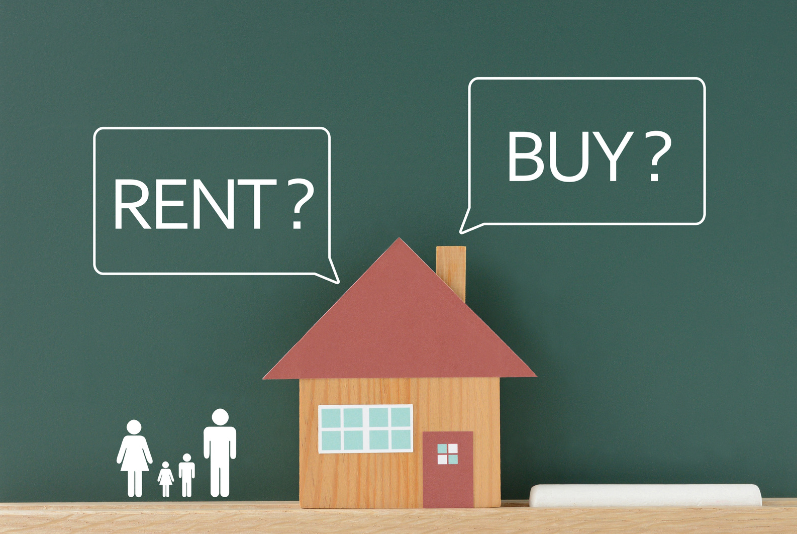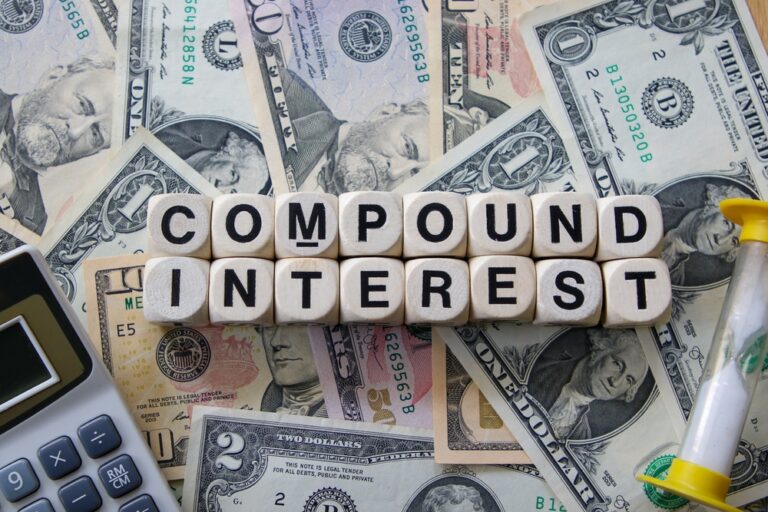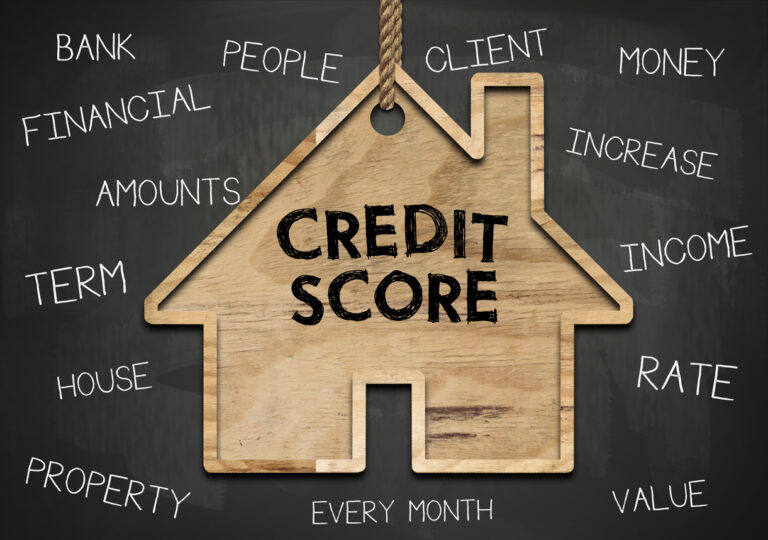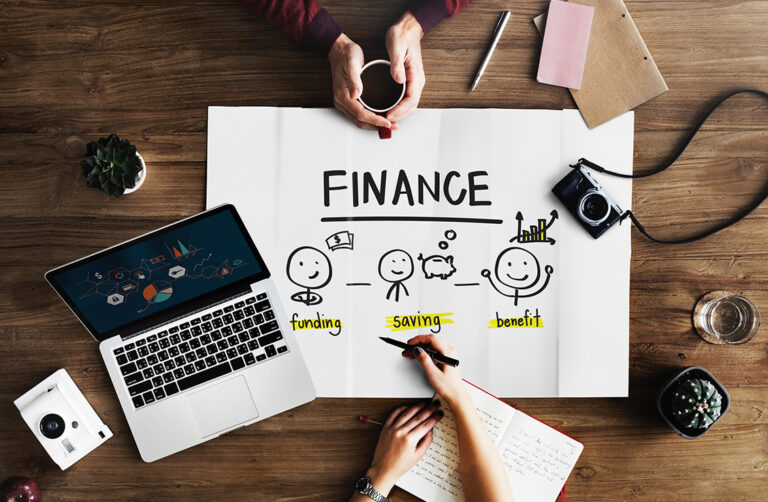
It’s one of the biggest financial decisions most people will ever make—renting vs buying a home.
Everyone has an opinion. “You’re throwing money away if you rent.” “Owning is always better.” But the truth? It depends—on your goals, finances, flexibility, and even psychology.
Let’s break it down with real numbers, smart strategy, and zero fluff.
The Emotional vs Financial Side of Homeownership
Owning feels good—but feelings aren’t facts
People associate buying a home with:
- Stability
- Success
- Security
- Control
Those are real emotional benefits—but financially, buying isn’t always the best move. What matters is:
- Cost over time
- Flexibility
- Opportunity cost
Before deciding, look beyond the emotion.
The True Cost of Buying a Home
Let’s say you buy a $300,000 home.
Upfront:
- Down payment (20%) = $60,000
- Closing costs = $7,000–$10,000
- Inspection, insurance, moving = ~$3,000
That’s over $70,000 just to get in.
Annually, you’ll pay:
- Mortgage interest
- Property taxes
- Insurance
- Repairs/maintenance
- HOA (if applicable)
Total cost can double the sticker price over 30 years.
Yes, you build equity. But it takes time—and your money is tied up.
Renting: What Are You Really Paying For?
Let’s say rent is $1,800/month. That’s $21,600/year.
People say, “You’re wasting money.” But in reality, that rent gives you:
- Flexibility
- Predictable expenses
- Zero repair bills
- No market risk
- Low upfront cost (just deposit + first month)
In a fast-moving world, mobility can be a financial asset.
When Renting Makes More Sense
- You plan to move within 3–5 years
- You want to invest elsewhere (stocks, business, crypto)
- You live in a high-cost city with inflated real estate
- You don’t want maintenance headaches
- Your income isn’t stable yet
Renting can free up capital and time to grow wealth more flexibly.
When Buying Makes More Sense
- You plan to stay long-term (7+ years)
- You can afford the down payment and emergency buffer
- You want to customize your space
- You’re in a rising market with good appreciation
- You’re ready for the responsibility
Buying works best when you’re settled and strategic.
The Rent vs Buy Rule of Thumb
Use the Price-to-Rent Ratio:
- Home price ÷ Annual rent = ratio
- Below 15 = Buying may be better
- Over 20 = Renting may be better
Example:
- Home price: $500,000
- Rent: $2,000/month = $24,000/year
- Ratio: 500,000 ÷ 24,000 = 20.8 → likely better to rent
This isn’t a perfect rule—but it gives perspective.
Opportunity Cost: The Hidden Factor
If you put $60,000 into a house down payment…
What if you invested that in the S&P 500 instead?
- Average historical return: 7–10%
- Over 30 years = $450,000–$600,000+
Home appreciation? Usually 3–4% annually. Less than stocks.
Yes, you gain equity in a home. But you lose liquidity and flexibility.
Taxes, Deductions, and Loans
Buying used to give big tax breaks. Today?
- Standard deduction is higher, so many don’t benefit
- Mortgage interest deduction is capped
- Student loans or other debt might reduce buying power
Always talk to a tax pro—not just a realtor.
Renting Doesn’t Mean You’re “Behind”
In some cases, renting and investing the difference puts you ahead of homeowners.
You avoid:
- Unexpected repairs
- Housing market crashes
- Property tax hikes
- Transaction fees (buying/selling)
It’s not “throwing money away”—it’s buying time, access, and flexibility.
Key Questions to Ask Before Deciding
- Can I afford a 20% down payment and keep an emergency fund?
- Will I stay in the area at least 5–7 years?
- How’s the local housing market trending?
- Am I emotionally ready to own and maintain a home?
- Could I invest my savings elsewhere for higher returns?
Be honest. The goal is freedom and wealth, not impressing others.
Final Thoughts
Renting vs buying isn’t a moral decision—it’s a financial strategy.
The right choice is the one that aligns with your goals, not someone else’s blueprint. Run the numbers, know the risks, and think long-term.
Ownership is great—when done wisely. Renting is smart—when part of a bigger wealth plan.
Don’t follow the crowd. Follow the math.







